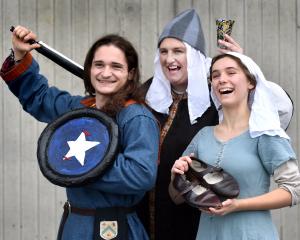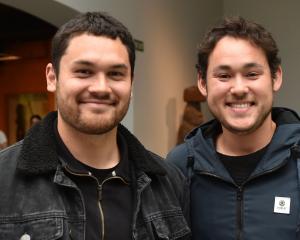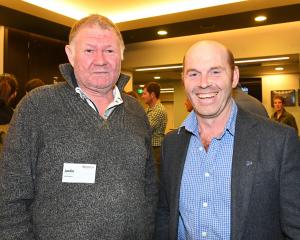The fallout from the Government's passing of the New Zealand Public Health and Disability Amendment Bill under urgency last month continues with disability groups labelling the legislation ''punitive''.
The Bill, which allocated $92 million over four years to pay the minimum wage to carers who look after their own disabled adult family members with high or very high needs, was passed in such a way as to minimise public input. It also prevents carers from bringing discrimination complaints to the Human Rights Commission or from taking court action.
Labour MP Ruth Dyson wrote last week to the Speaker of Parliament and the Ombudsman over the process used to pass the Bill.
''It's great that some people will be paid to be family carers, but the whole process of passing the Bill was an outrage,'' Ms Dyson told The Star.
CCS Disability Action Southern regional manager Joy Gunn said the organisation was concerned the Bill was so restrictive on families as to devalue their work. That avenues for appeal had been closed to families was a major human rights concern, Ms Gunn said.
Claire Doig, the Dunedin-based co-ordinator of disability support and advocacy organisation The Family Network, called the Bill ''punitive and mean-spirited''.
It was difficult to know how many Dunedin families would be affected by the legislation, as the final criteria would not be released until September, but it was likely that numbers would be low.
''The feedback we have had from families is that they don't necessarily want to be the primary carers - they want viable options for their young people,'' Mrs Doig said.
Government moves to stop a flood of people applying for payment missed the point of the situation for many families, she said.
Youngsters were now experiencing mainstreaming from the age of 5 and were leaving school as teenagers with expectations of having a more independent life.
Ms Gunn agreed, saying that schools were now ''very inclusive''.
''Young people [with disabilities] have spent their whole lives being included and they want that to continue when they come out of school,'' Ms Gunn said.
What was most important was that people with disabilities were given the opportunity to make choices for their own lives, she said.












